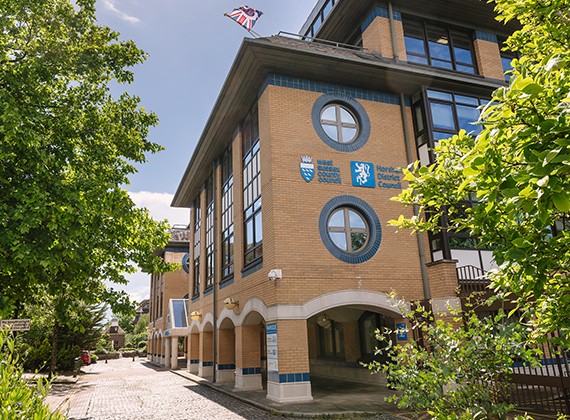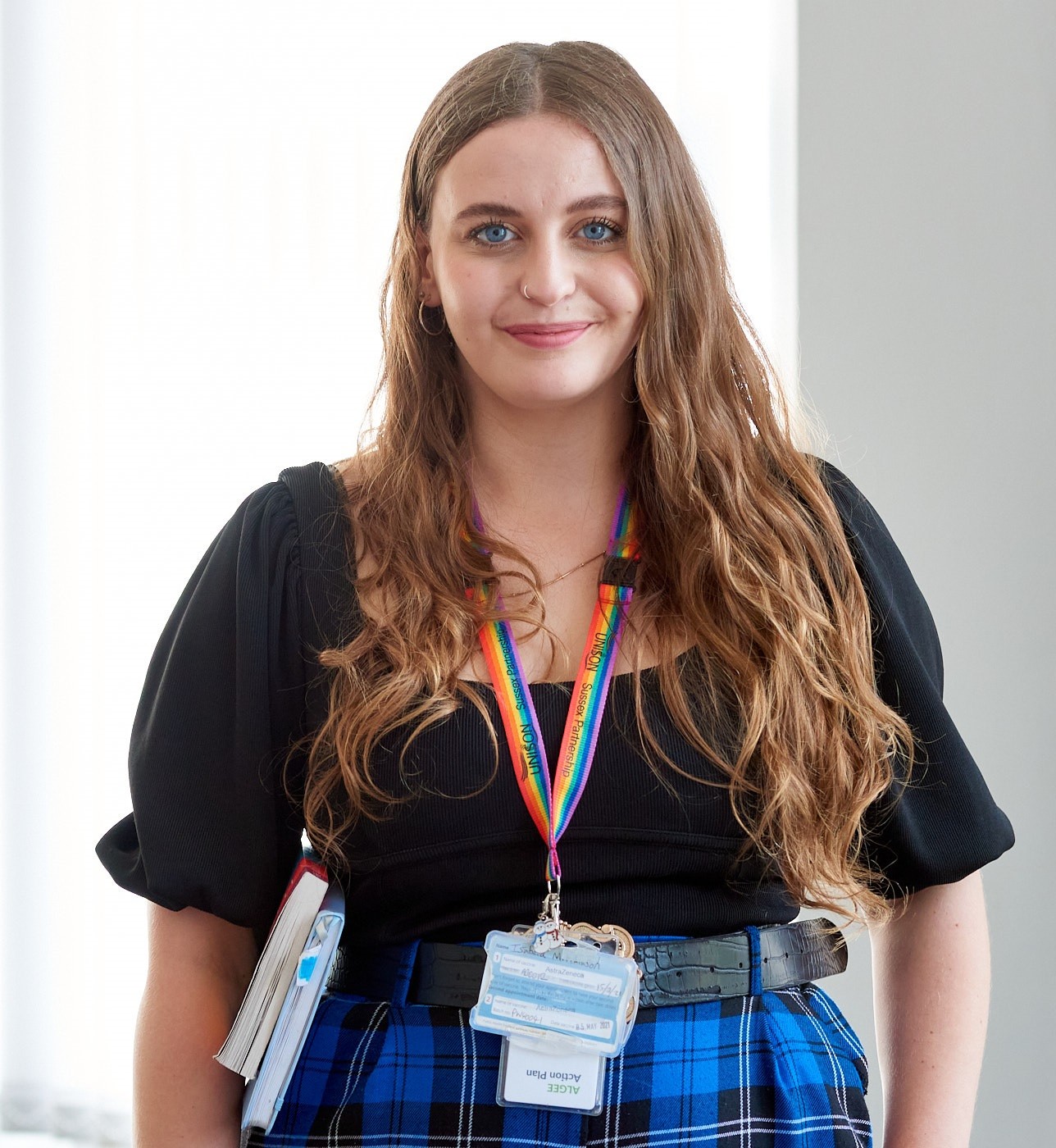
Learning disabilities (adult)
We provide specialist community support for adults with a learning disability, their families and carers.
We support people with a learning disability who have mental health needs, physical health needs and difficulties with behaviour and who can't use mainstream services even with reasonable adjustments. We also offer support to access mainstream services and to help people with complex needs to be understood and supported to maximise their quality of life and prevent deterioration of physical or psychological health.
We work with individuals and their families and support networks.
Learning disability in the UK is the same as intellectual disability, which is the international medical term.
It is the presence of:
- significantly reduced ability to understand new or complex information in learning new skills (impaired intelligence)
- and reduced ability to cope independently (impairment of social and adaptive functioning skills which started before adulthood (18)
- and has a lasting effect on development.
Our teams include specialist nurses, occupational therapists, clinical psychologists and behaviour support practitioners, psychiatrists, speech and language therapists and physiotherapists. We work closely with adult social care.
We accept referrals from GPs, health professionals, family and friend carers and self-referrals.
Alternatively, please call:
East Sussex
Eastbourne Downs & Weald: 0300 304 0313
Hastings And Rother: 0300 304 0314
West Sussex
Then press: 2 for Coastal or 4 for referrals
Then press: 1 for Western or 4 for referral
Then press: 3 for Northern or 4 for referrals
Or email: spft.
Brighton & Hove
Or email:
- Specialist Community Disability Service Referrals: SCDSReferrals
@brighton-hove.gov.uk - Specialist Community Disability Service Intake: SCDSIntake
@brighton-hove.gov.uk
Inclusive communication videos
Below are a series of co-produced inclusive communication films for, and co-produced by, people with learning disabilities.
Part 1: The basics of inclusive communication
Part 2: Inclusive Communication to support understanding
Part 3: Supporting expression
Part 4: Finding out choices and preferences
The Learning Disability Response Plan (LDRP) is a partnership between Sussex Partnership NHS Foundation Trust and Sussex Police to ensure the police have a better understanding of an individual's needs, reduce contact time with the police and improve outcomes for people who have complex needs.
It will act as an information alert for police officers responding to calls or concerns relating to individuals with learning disabilities, some of whom are diagnosed with mental health and/or complex needs.
The response plan will enable the police to make decisions in a more person-centred way as opposed to a crime and evidence-motivated decision, reducing resource input and providing better outcomes for those individuals.
Who is eligible for the LDRP?
Individuals eligible for this scheme will have a previous offence or will have had contact with the police within the last year.
How does it work?
If you meet the above criteria, or care for someone who does, email LDRP
In Brighton and East Sussex we are commissioned to provide Positive Behaviour Support (PBS) training to local providers, with a smaller remit to offer restrictive intervention training to identified providers in line with a strong commitment to restraint reduction and best practice.
PBS Sussex is a training model designed to equip direct carers with the knowledge and skills to provide a comprehensive response to challenging behaviour presented by people with intellectual disabilities. The model taught, (Positive Behaviour Support), is an applied science that uses educational methods to expand an individual’s behaviour repertoire; as well as system change methods to redesign an individual’s living environment to achieve first, an enhanced quality of life and, secondarily, to minimise challenging behaviour.
Sussex Partnership NHS Foundation Trust is proud to be supporting the work of the Restraint Reduction Network.
Our dementia assessments are how we assess people with a learning disability for dementia:
- A healthy brain assessment is a screening program for individuals with Down syndrome who are over 30 years old. It helps to find any early signs of dementia
- A memory assessment is a specialist assessment for the older population of people with a learning disability who are experiencing signs and symptoms of dementia
Get involved
We're inviting individuals with Down syndrome who are 30 years old or above, and have a GP based in West Sussex, for a healthy brain assessment.
After having a healthy brain assessment, we'll invite you to a workshop about keeping yourself and your brain healthy. We'll stay in touch and contact you when it's time for your next assessment.
For the older population of people with a learning disability, we'll ensure the dementia assessment meets your needs to make sure you receive support that is right for you. We'll work with your carer and
GP to offer diagnosis and post diagnosis support.
See the leaflets below for more information
- People who have personal experience of using services may have a different view to people who work in them.
Sharing their view can help to make services better.
- It is important for organisations like SPFT to involve people who use their services in how they are run.
This is called participation.
- A good way to be involved is to become an Expert by Experience or EBE for short.
Team Springwell EBE group is part of the SPFT Learning Disability Participation Programme.
Locations
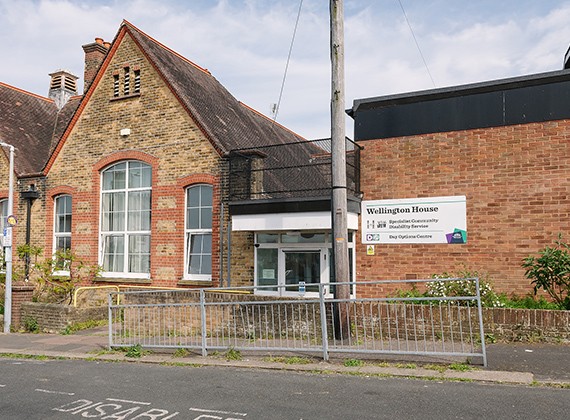
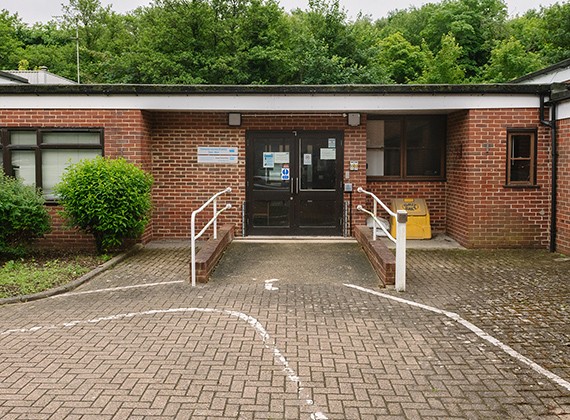
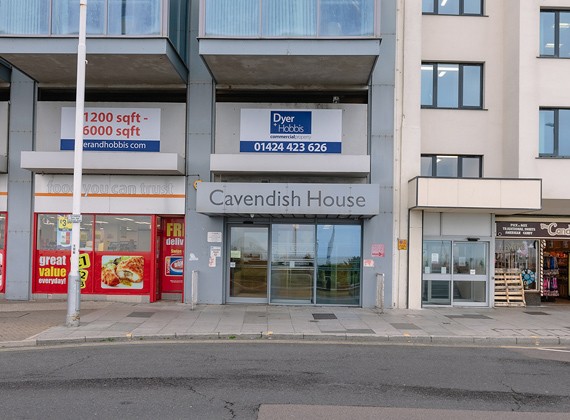

Durban House
Durban House
South Bersted Industrial Park
Durban Road
Bognor Regis
West Sussex
PO22 9RE
